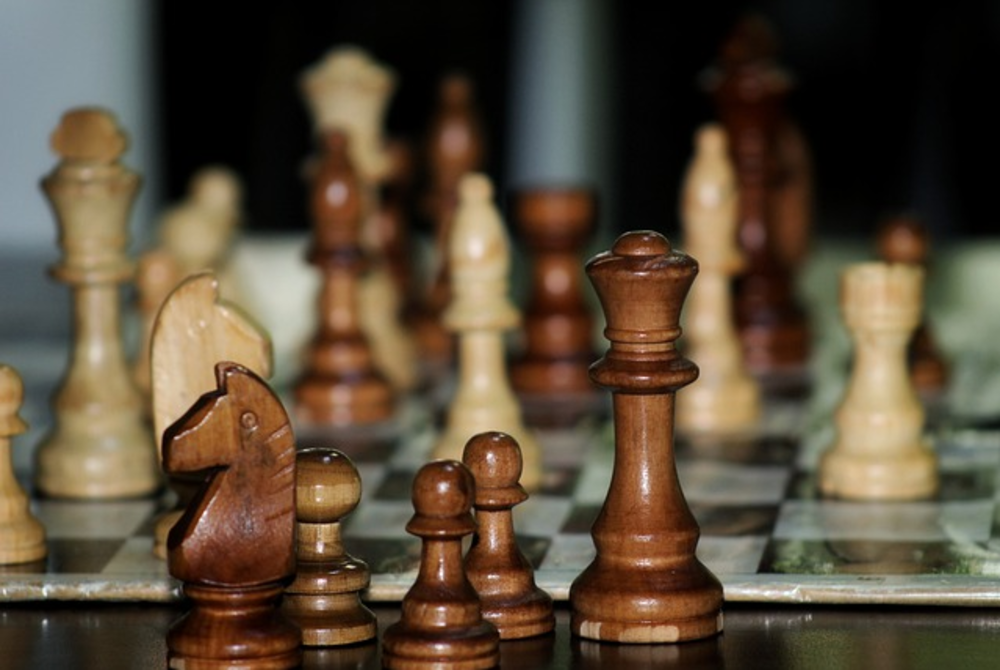Crosswords, chess cut dementia risk among elderly: Study

SYDNEY, Australia - A new study led by Australia's Monash University has found that certain types of cognitively stimulating leisure activities, such as playing chess and crosswords, are associated with reduced risk of dementia among older people.
Published in the Jama Network Open journal on Friday, the cohort study focused on 10,318 adults aged 70 or older in Australia. Individuals with suspected dementia were identified through regular study visits.
Researchers also collected information on participants' socially and mentally stimulating activities as well as social networks through questionnaires.
According to the study, more frequent participation in adult literacy activities and active mental activities, like playing games, cards, or chess and doing crosswords or puzzles, was associated with a 9.0 per cent to 11.0 per cent reduction in dementia risk, said Xinhua.
Meanwhile, creative hobbies like crafting, knitting, and painting, and more passive activities like reading cut the risk by seven per cent.
Data from the World Health Organisation showed that currently, more than 55 million people have dementia worldwide, with nearly 10 million new cases confirmed every year. The disease is more prevalent in those aged 65 or older.
Joanne Ryan, senior author of the study and associate professor at Monash University, regarded identifying strategies to prevent or delay dementia as a huge global priority.
"I think what our results tell us is that active manipulation of previously stored knowledge may play a greater role in dementia risk reduction than more passive recreational activities. Keeping the mind active and challenged may be particularly important," said Ryan. - BERNAMA-XINHUA












